- BlackVoter.Org
- Posts
- BlackVoter.Org
BlackVoter.Org

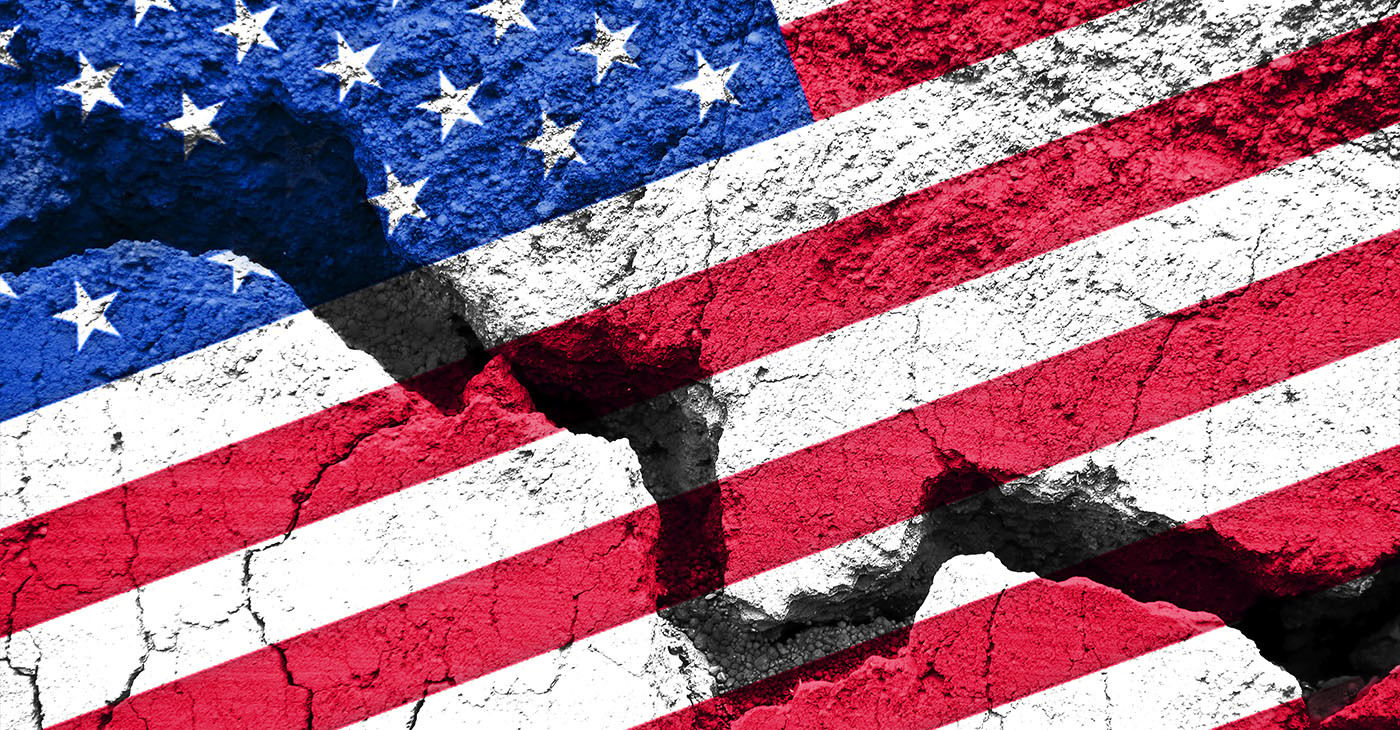
A striking 79% of Americans believe the country is embroiled in a political crisis, according to a recent Quinnipiac University poll. This sense of turmoil spans across party lines, with 93% of Democrats, 84% of independents, and even 60% of Republicans expressing concern.
The aftermath of conservative activist Charlie Kirk’s assassination has intensified fears about politically motivated violence, with 71% viewing it as a serious problem—up from 54% just months ago. Many voters no longer believe political rhetoric can be temperate, and over half anticipate an escalation in violence.
Distrust is palpable, with 53% lamenting democracy's dysfunction and freedom of speech seen as increasingly vulnerable. Amidst these anxieties, voters cite rising costs of living and economic worries as primary concerns.
The call for politicians to prioritize solutions over blame resonates, highlighting a profound national unease.
Gif by Fifthpower on Giphy
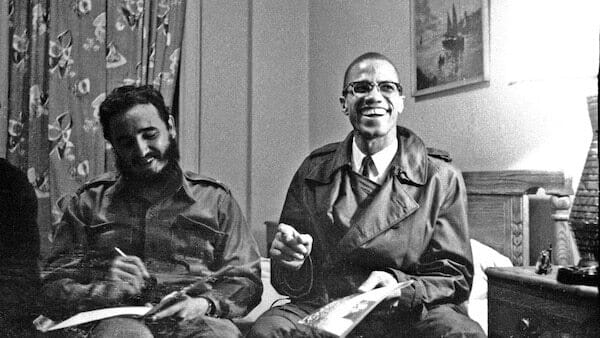
In September 1960, Harlem's Hotel Theresa hosted an electrifying meeting between Malcolm X and Fidel Castro that transcended a simple photo opportunity; it became a powerful symbol of resistance against U.S.
imperialism and a beacon for liberation movements worldwide. Amid U.
S. hostility, the duo’s alliance highlighted the stark realities of racial oppression in America alongside global anti-colonial struggles.
Castro's presence in Harlem turned the venue into a crossroads of revolutionary thought, drawing thousands of supporters who rallied against systemic racism. This historic encounter forged links between the fight for Black rights and the Palestinian cause, as both figures recognized shared struggles against oppression.
Today, as renewed conversations about Palestine emerge amidst ongoing violence, the lessons from Castro and Malcolm X's meeting echo loudly—reminding us that solidarity, born from shared struggle, is a vital weapon against imperialism and a force for global liberation.
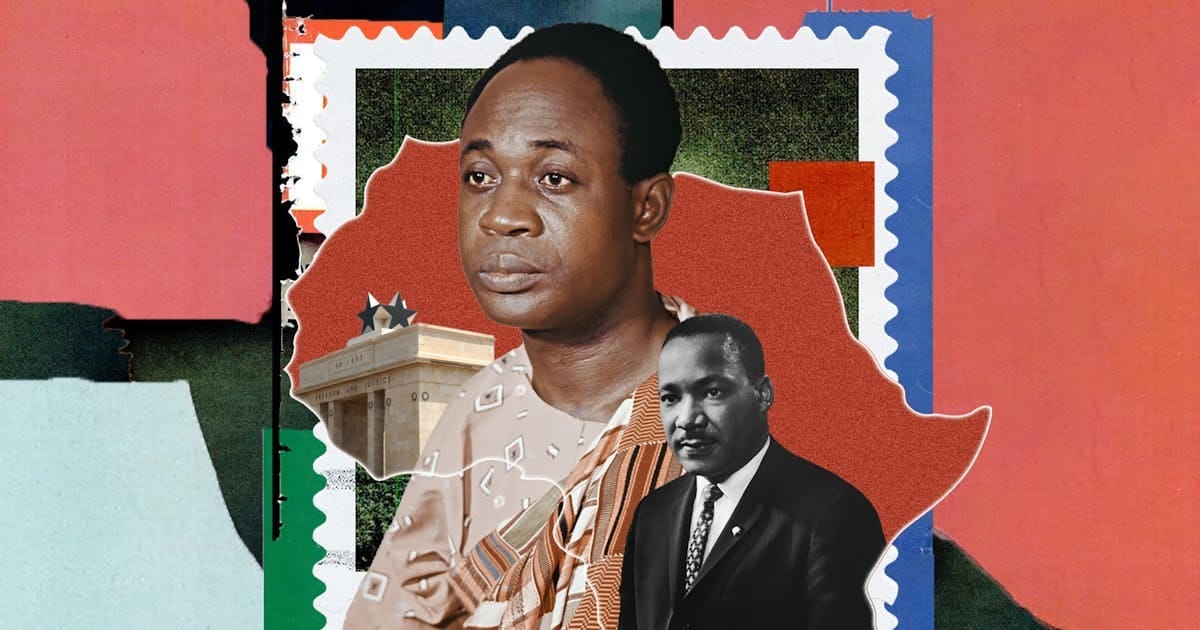
In "What Pan-Africanism Can Teach Us Now," Howard W. French revisits the impactful era surrounding Ghanaian leader Kwame Nkrumah, illuminating how post-World War II initiatives laid the groundwork for Black liberation movements.
As the U.S.
grappled with civil rights struggles, Nkrumah boldly declared Ghana's independence in 1957, coupling national freedom with Pan-African aspirations. French's biography, "The Second Emancipation," positions this period not merely as a Cold War tug-of-war, but as a vibrant push for self-determination across Africa and the diaspora.
It emphasizes Nkrumah’s dream of unity and shared progress while critiquing prevailing global power structures that continue to exploit the continent. This timely exploration encourages a resurgence of Pan-African thought, urging today's leaders to reevaluate their potential by drawing inspiration from a rich history of solidarity and courage.
As the world faces new challenges, Nkrumah’s vision resonates, advocating for connection among nations fighting against oppressive forces.

In her thought-provoking op-ed, Dr. Allison Wiltz challenges a recent Senate resolution honoring Charlie Kirk, whom many Black Americans regard as a white supremacist.
Despite Kirk’s history of spreading hateful rhetoric, senators praised his “conviction, courage, and compassion,” glossing over his controversial stances, including a dismissal of the essential Civil Rights Act. Wiltz argues this effort to whitewash Kirk’s legacy highlights a troubling expectation for Black people to accept or honor individuals with racist ideologies.
She calls out the lack of accountability for Kirk's harmful statements, questioning the sincerity of politicians who condemn political violence yet shy away from confronting racism directly. This piece invites readers to reflect on the complexities of legacy, recognition, and the ongoing struggle for racial justice in America.
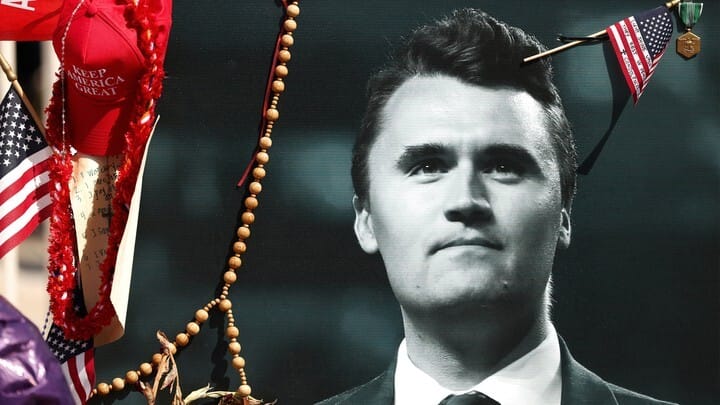
The death of Charlie Kirk, a pivotal figure in the American conservative movement, has sparked a profound transformation in how he is perceived. As friends and admirers gathered at his emotional memorial, they named him a martyr, drawing parallels to the legacy of Malcolm X, whose untimely demise elevated him to a symbol of racial pride and activism.
Kirk's violent end could similarly amplify his message, reshaping him from a polarizing leader into a powerful symbol. While mainstream media often glossed over his more controversial views, his widow Erika has vowed to keep his legacy alive, inviting both compassion and a complex dialogue about his impact.
As Kirk’s supporters navigate the backlash against political violence, they may seek to harness his memory for both healing and vengeance. Ultimately, Kirk's legacy, much like Malcolm's, now hinges on how society reflects on political turmoil and the crucial narratives that emerge in the wake of tragedy.
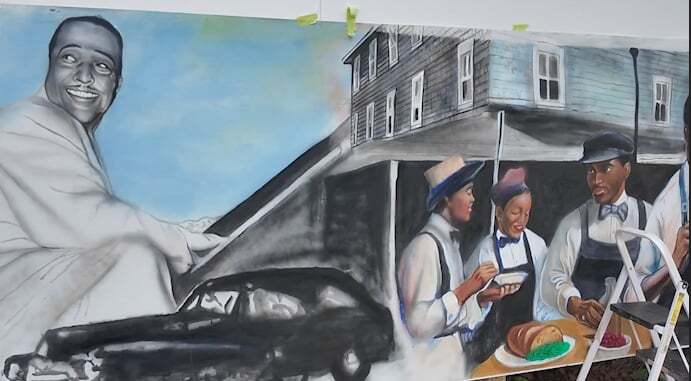
A vibrant new mural celebrating Ocean City’s African American heritage is set to be unveiled on September 30th at 11 a.m.
This artistic tribute highlights the influential figures and events that have shaped the town into an inclusive destination. Created by the Beach to Bay Heritage Area, the mural not only honors the contributions of African Americans to the local history but also emphasizes the importance of recognizing this narrative as a vital part of Maryland and American history.
Andre Nieto Jaime, a Program Specialist for Beach to Bay, expresses the significance of showcasing this heritage, asserting that it contributes to the rich tapestry of the Eastern Shore.
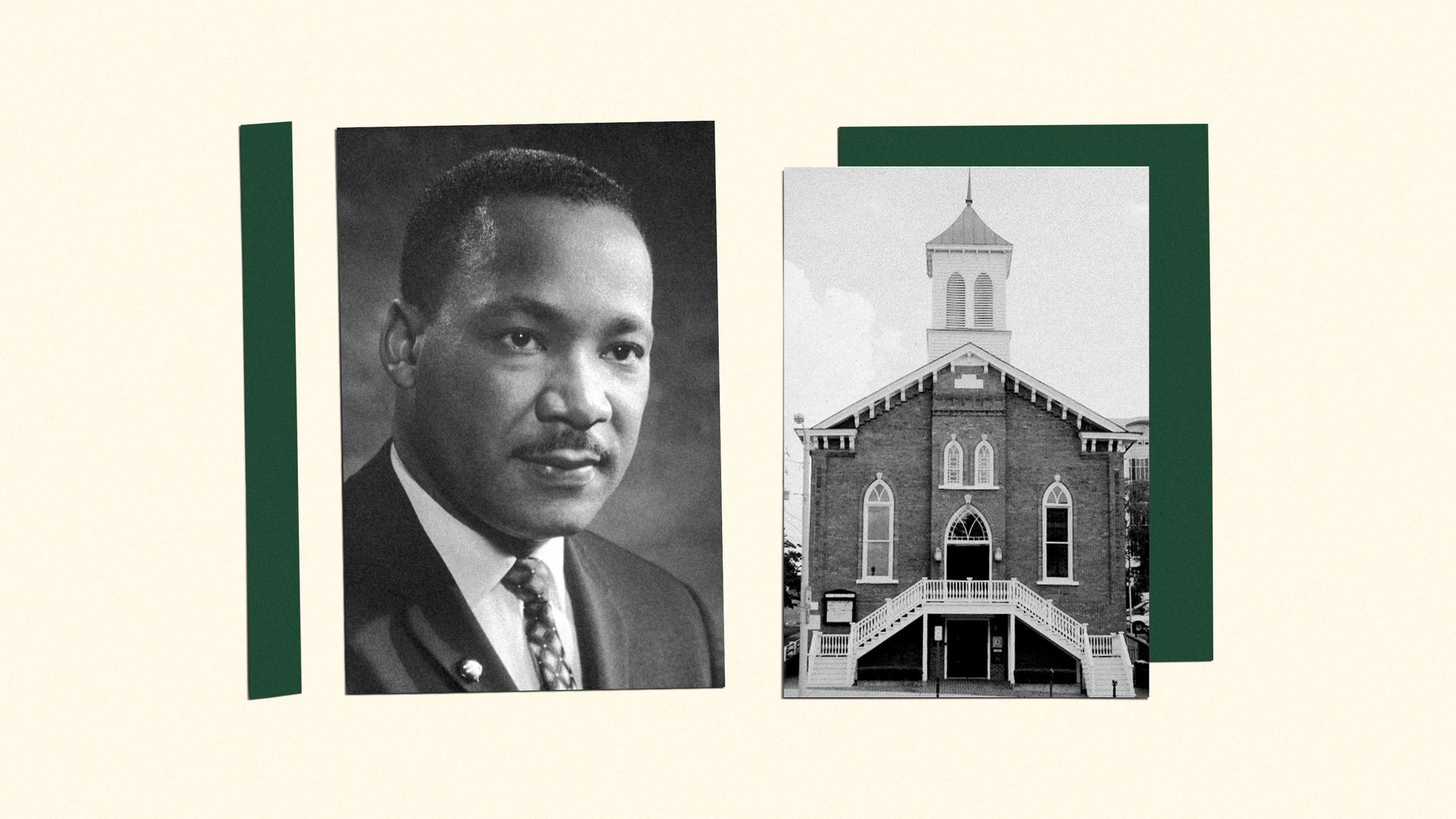
In an insightful exploration of the Black Christian experience, Jessica Janvier uncovers why many Black Christians shy away from both evangelical and mainline labels. Centered on the historic Dexter Avenue King Memorial Baptist Church in Montgomery, Alabama, the article dives into its roots, which trace back to an enslaved preacher during the Second Great Awakening.
Despite its evangelical origins, the church's journey reflects a complex relationship with these identities, especially in the face of racial oppression and the Civil Rights Movement. Black Christians often found the evangelical emphasis on doctrine lacking when confronting social injustices, leading many to form independent churches that prioritize both faith and equity.
Today, while many Black congregants embrace biblical authority, they reject the evangelical label due to its political connotations and perceived negligence of racial issues. Ultimately, the article illustrates the rich but challenging tapestry of Black faith, illustrating how history shapes identity and community in profound ways.